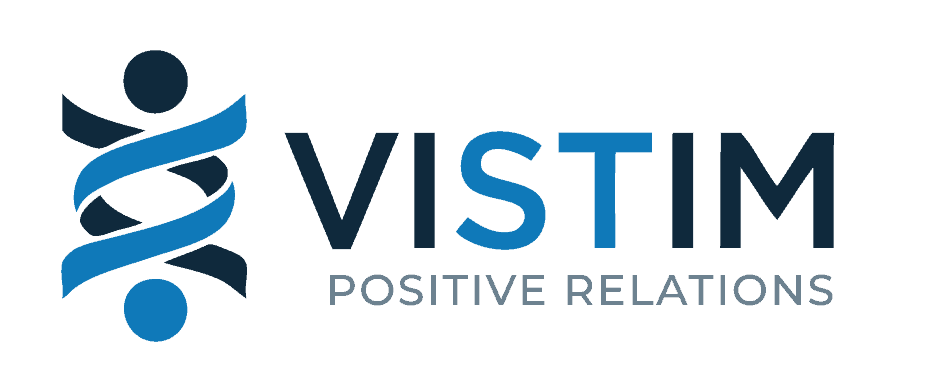The payroll process involves calculating and distributing the correct amount of money to employees for the hours they have worked, as well as any other forms of compensation, such as bonuses or commissions. This process typically includes collecting time and attendance data, calculating pay, generating paychecks or direct deposits… But also, Payroll tax compliance, Record keeping and reporting.
A good knowledge of tax and labor law, social security principles and rules are the mandatory foundations of good payroll operation.
This is the basis of the payroll. You know it as well as 2+2 makes 4? Great! But it is possible to optimise the process to gain efficiency, while improving employee’s satisfaction.
The path to payroll excellence
Here are the most powerful ways to improve payroll activities.
Ideally, the payroll activities should be the simple consequence of well-organised processes, running smoothly and invisibly for the HR team. Payroll should not take up too much of HR’s time, leaving them to focus on activities where they can add value. The path to excellence would look like this:
- Client & service relationship
- Communication towards internal clients
- The capability to explain complex issues
- The capability to transform and adapt the processes, to (re)design the roles and responsibilities.
This general framework can be supplemented by different types of actions:
- Automation: Implementing software or systems that automate the data collection, calculation, and distribution of payroll can significantly reduce the time and effort required for these tasks.
- Streamlining data entry: By simplifying the process of entering data, such as hours worked, it can save time, reduce errors, and make it easier to track employee information.
- Standardizing and centralizing data: By maintaining a central database that stores all employee data, it can improve data accuracy, allow for easier reporting, and reduce the need for manual data entry.
- Implementing self-service portals: By giving employees the ability to access and update their own data, such as personal information, tax withholding, and direct deposit information, it can reduce the workload for payroll staff. [link]
- Outsourcing payroll activities to a third-party provider can also improve efficiency by allowing the company to leverage the provider’s expertise, technology, and resources. [link]
- Regular reviews: Regularly review and assess the payroll process, and make changes as needed to improve efficiency. This can include evaluating the current system, identifying areas that need improvement, and implementing new processes or technologies.
- Training: Ensure that the staff handling payroll are well trained and have the necessary tools, software, and knowledge to perform their tasks efficiently. You will find more information about the advantages of training at the end of this article…
Cross-border specialities
Given the size of the country, cross border-workers are a widespread reality in most companies in Luxembourg. The payroll process for cross-border workers can be more complex than for domestic workers, due to the need to comply with the laws and regulations of multiple countries. Additionally, several foreign workers are coming from outside the EU which implies specific regulation and treatment. The international dimension of the workforce is a must, amongst the skills of the payroll manager in Luxembourg.
Training?
Now you have the most important keys in hand, for a performant payroll. So why should you train? Here are 7 good reasons from a much longer list:
- Compliance: Payroll training can help HR managers stay up to date with the latest laws, regulations, and compliance requirements related to payroll, which can help prevent errors and potential penalties.
- Efficiency: Payroll training can help HR managers learn how to use payroll systems and software more effectively, which can help to automate and streamline the payroll process, saving time and reducing errors. [link]
- Cost Savings: By having a well-trained HR manager, it can help reduce the risk of errors and penalties, and can also help identify cost savings opportunities, such as implementing more efficient payroll processes.
- Employee satisfaction: Payroll training can help HR managers understand how to properly calculate pay, deductions, and taxes, which can help ensure that employees receive the correct amount of pay, and that they are satisfied with their compensation.
- Building expertise: Payroll training can help HR managers develop a deeper understanding of payroll processes and regulations, which can enhance their overall expertise and value as an HR professional.
- Business Continuity / Risk management: Training on payroll management can also help HR managers to plan for contingencies, such as staff turnover or absence, to ensure the continuity of the payroll process, without interruption to the business.
- Improved Data Management: Payroll training can help HR managers understand how to manage and analyse payroll data, which can help to identify trends, and make data-driven decisions.
If you want to become a real Payroll Ninja, you just have to register to the VISTIM Payroll Masterclass. Compared to the various Payroll training available on the market, the VISTIM Masterclass will give you the capability to fully understand the payroll processes in order to (re)design them when needed. It will also give you the capability to work effectively with the various payroll stakeholders.



